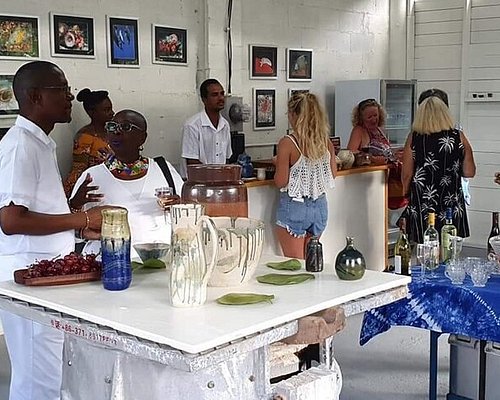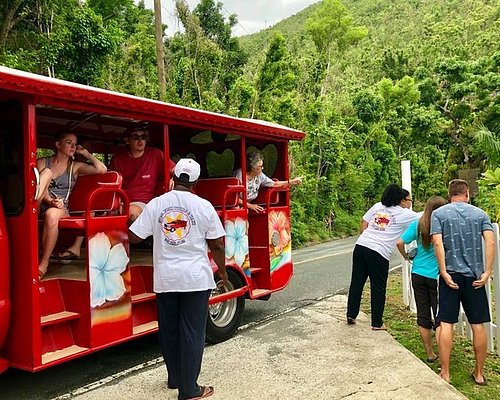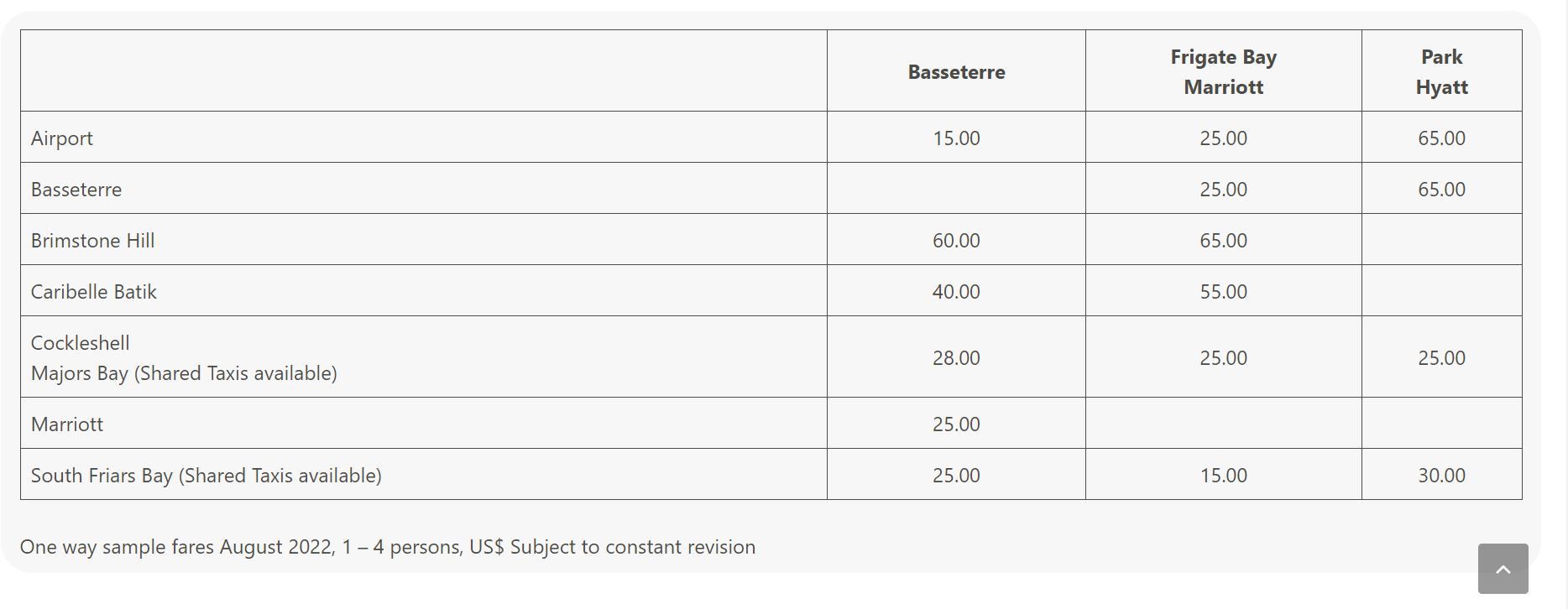Ah, the rich and diverse culture of Tortola! This enchanting island in the British Virgin Islands offers a vibrant blend of African, European, and Caribbean influences. Here are five key aspects of Tortola’s culture that you should experience:


Music and Dance:
Festivals and Celebrations:
Cuisine:
Art and Craft:
Historic Sites:

